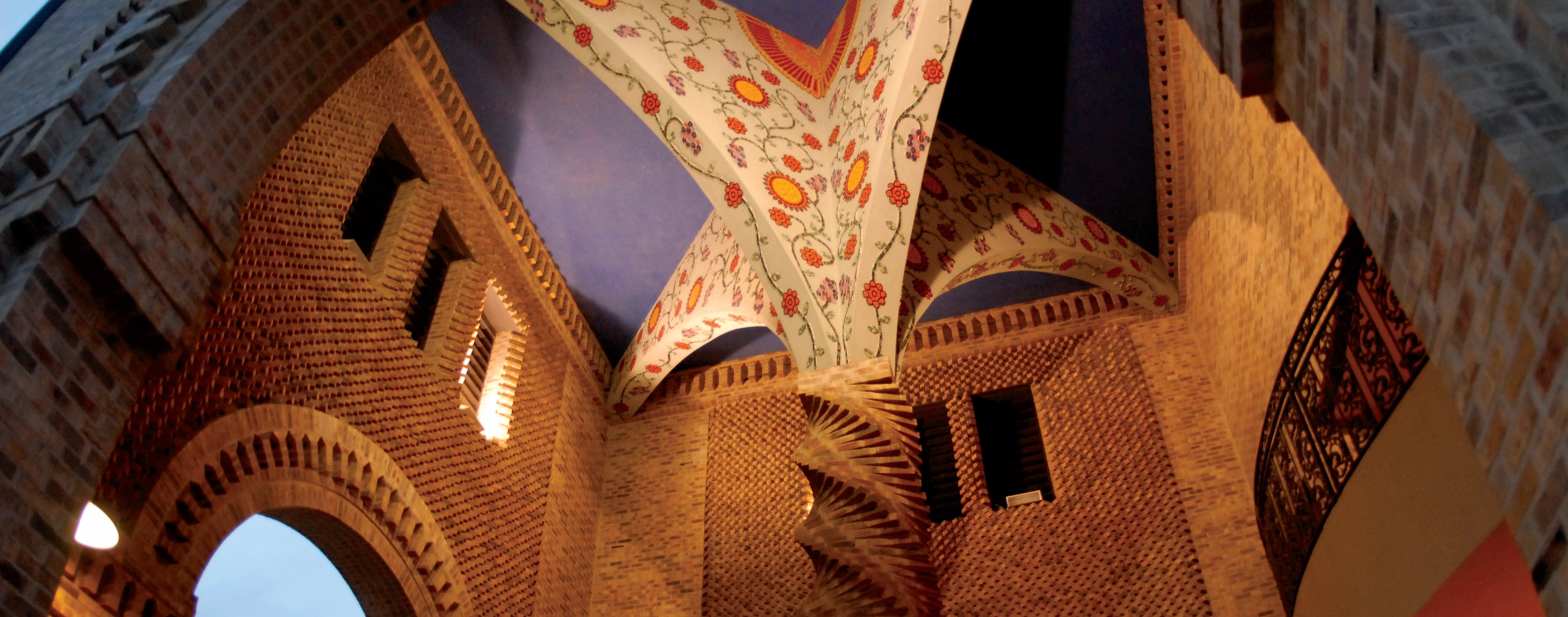
Physician Assistant Studies Faculty Publications
Document Type
Article
Publication Date
8-12-2024
Abstract
Objectives: The All of Us Research Program is a precision medicine initiative aimed at establishing a vast, diverse biomedical database accessible through a cloud-based data analysis platform, the Researcher Workbench (RW). Our goal was to empower the research community by co-designing the implementation of SAS in the RW alongside researchers to enable broader use of All of Us data.
Materials and methods: Researchers from various fields and with different SAS experience levels participated in co-designing the SAS implementation through user experience interviews.
Results: Feedback and lessons learned from user testing informed the final design of the SAS application.
Discussion: The co-design approach is critical for reducing technical barriers, broadening All of Us data use, and enhancing the user experience for data analysis on the RW.
Conclusion: Our co-design approach successfully tailored the implementation of the SAS application to researchers' needs. This approach may inform future software implementations on the RW.
Recommended Citation
Humes, I., Shyr, C., Dillon, M., Liu, Z., Peterson, J., Jeor, C. S., ... & Harris, P. A. (2024). Empowering the biomedical research community: Innovative SAS deployment on the All of Us Researcher Workbench. Journal of the American Medical Informatics Association, 31(12), 2994-3000. https://doi.org/10.1093/jamia/ocae216
Creative Commons License

This work is licensed under a Creative Commons Attribution-NonCommercial-No Derivative Works 4.0 International License.
Publication Title
Journal of the American Medical Informatics Association
DOI
https://doi.org/10.1093/jamia/ocae216


Comments
© The Author(s) 2024. Published by Oxford University Press on behalf of the American Medical Informatics Association. This is an Open Access article distributed under the terms of the Creative Commons Attribution-NonCommercial-NoDerivs licence (https://creativecommons.org/licenses/by-nc-nd/4.0/), which permits non-commercial reproduction and distribution of the work, in any medium, provided the original work is not altered or transformed in any way, and that the work is properly cited. For commercial re-use, please contact journals.permissions@oup.com